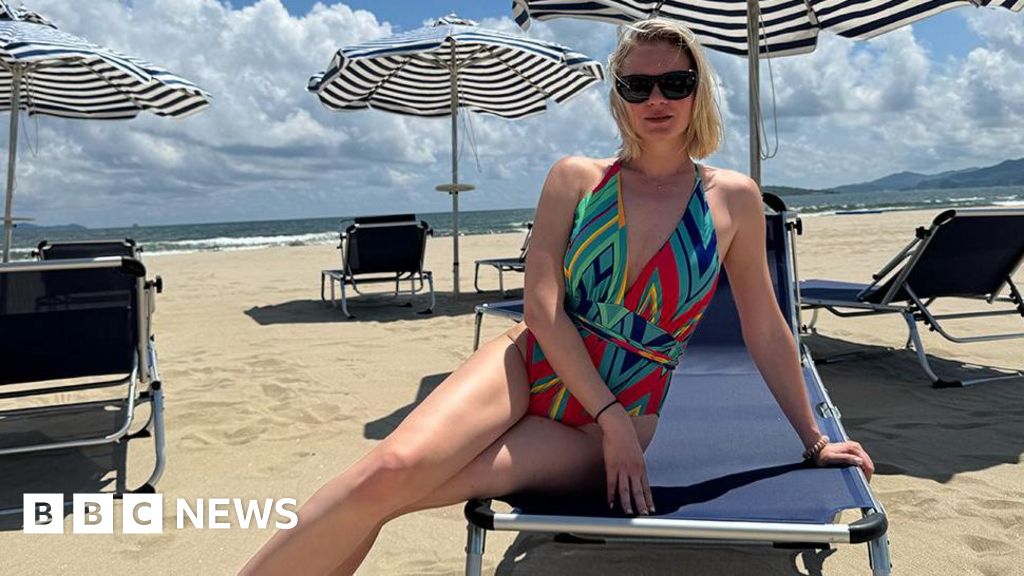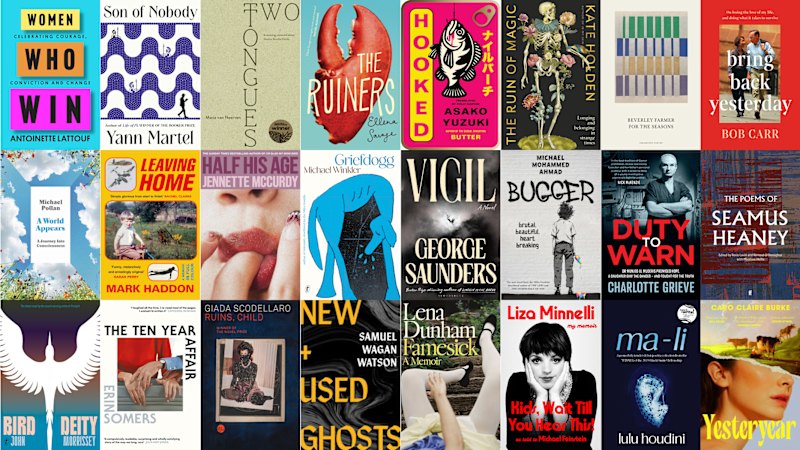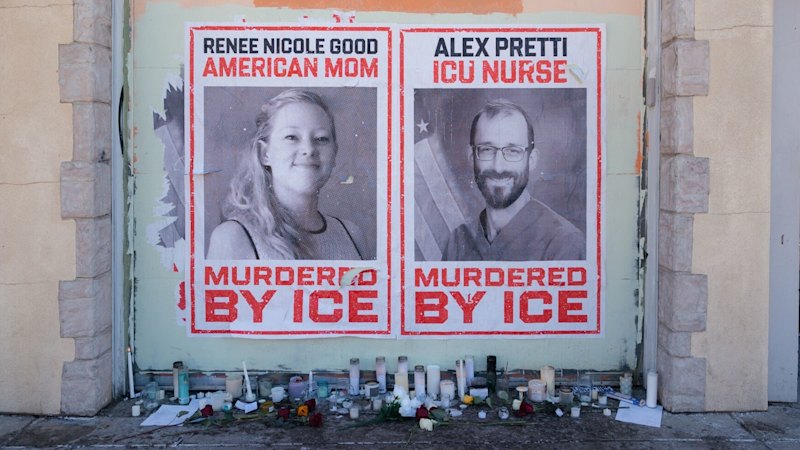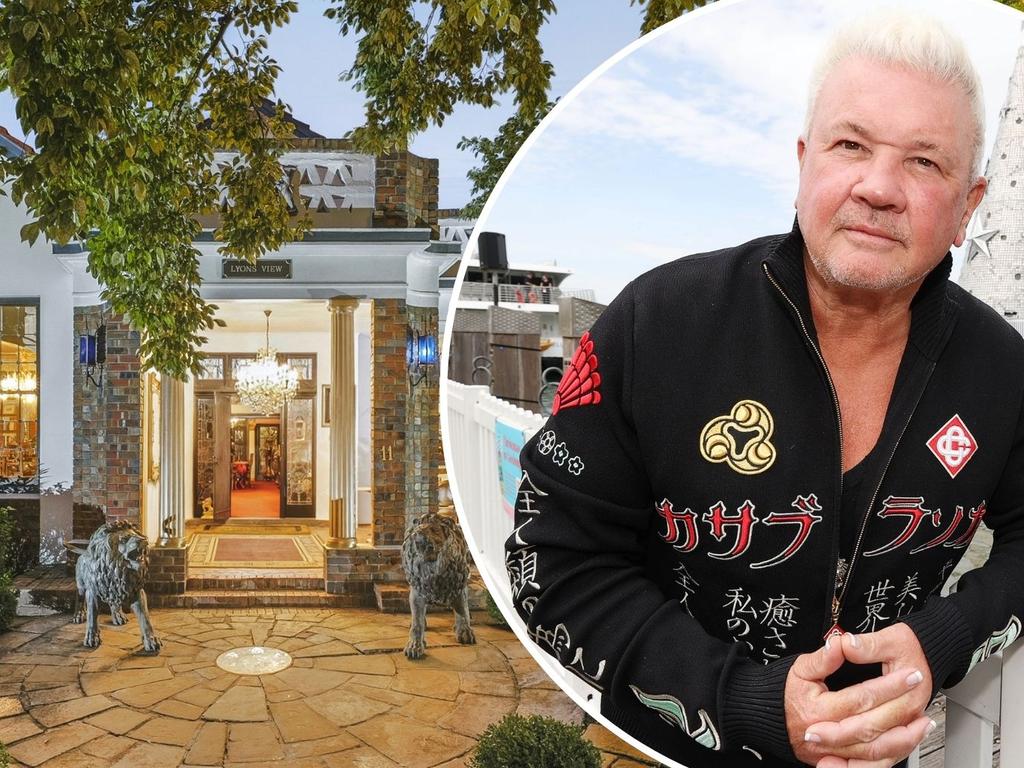
In an unusual twist on the typical beach holiday, Anastasia Samsonova found herself flanked by security guards during her recent trip to North Korea’s newly opened Wonsan Kalma Coastal Tourist Zone. This exclusive resort, located on the east coast of North Korea, opened its doors on July 1st, and Samsonova was among the first group of tourists to experience its offerings. The trip, however, was anything but ordinary, with strict rules and constant supervision shaping the experience.
Samsonova, a 33-year-old human resources worker, traveled with a group of 14 other Russians, the only nationality currently permitted to visit the resort. According to state media, Wonsan Kalma boasts hotels, restaurants, shopping malls, and even a water park, all set against the backdrop of a missile testing site. Despite its initial billing as open to international tourists, only Russian groups organized by accredited agencies have been allowed entry.
A Controlled Experience
The visit was tightly controlled, with guides and guards accompanying the tourists at all times. Samsonova recounts that the presence of guards was explained as a measure to prevent startling the locals, who are unaccustomed to foreign visitors. “When we walked down the street, they [North Koreans] looked at us with great surprise because the country has been closed for a very long time,” she shared.
The tourists were instructed not to take photographs of construction sites and to avoid wearing revealing clothing. Despite these restrictions, Samsonova described the beaches as “immaculate,” enjoying the solitude of nearly empty stretches of white sand. “Every day the [beach] was cleaned and levelled perfectly. Everything was immaculate,” she said, noting the pristine condition of the loungers and the gentle entrance to the sea.
Tourism Amidst Tension
North Korea’s decision to open Wonsan Kalma comes amid a broader strategy to boost tourism, a key part of leader Kim Jong Un’s economic ambitions. The resort is said to draw inspiration from Spain’s Benidorm, with a North Korean delegation having visited the Spanish city in 2017. However, the construction of the resort has been shrouded in secrecy, with human rights groups criticizing the alleged harsh treatment of workers involved in the project.
“Ordinary people might begin to wonder, ‘How is it that even without our great leader, or his son or daughter, they seem to live so well?'” – Andrei Lankov, Expert in North Korea-Russia Relations
Travel to North Korea was largely halted during the COVID-19 pandemic, but has slowly resumed, primarily for Russian tourists. In February, North Korea briefly allowed tourists from the West, including Australia, France, Germany, and the UK, before abruptly halting these visits without explanation.
Economic and Political Implications
The cost of a week-long trip from Russia to North Korea, including three days at Wonsan Kalma, is approximately $1,800 (£1,300), a significant expense given that it exceeds the average monthly salary in Russia by 60%. Despite the high cost, interest in the resort remains, with the travel agency Vostok Intur reporting high demand for future tours.
However, uncertainty looms over when the next group of Russian tourists will be allowed entry. Tours initially advertised for mid-September were later removed, and even citizens of China, North Korea’s main ally, face difficulties accessing the resort. Andrei Lankov, a professor at Kookmin University in Seoul, suggests that Pyongyang deliberately limits foreign tourist numbers to prevent North Koreans from making unfavorable comparisons to wealthier foreigners.
Looking Forward
Despite the challenges and restrictions, Samsonova expresses a desire to return to Wonsan Kalma. “We’re actually thinking about gathering the whole group next year to go to the same place,” she said. The allure of North Korea’s controlled yet exotic tourist experience continues to captivate, even as questions about human rights and economic strategy linger.
As North Korea navigates its complex relationship with tourism, the world watches closely, curious about what the future holds for Wonsan Kalma and the country’s broader economic ambitions.







